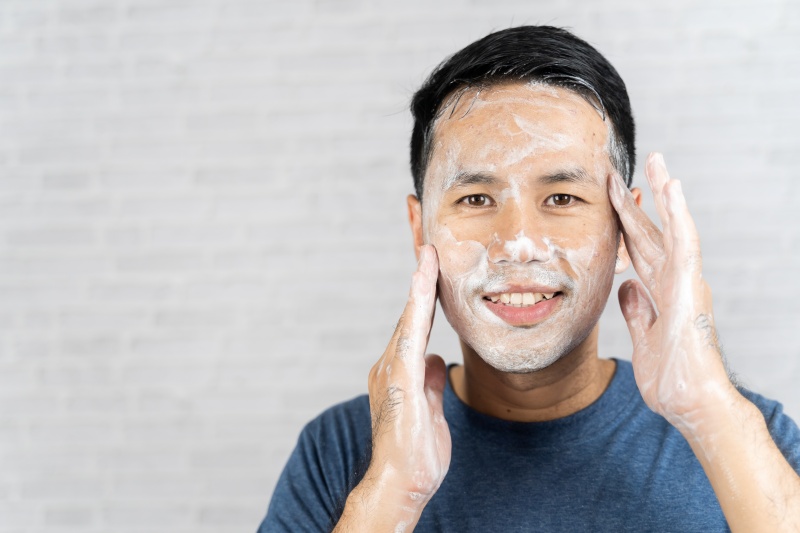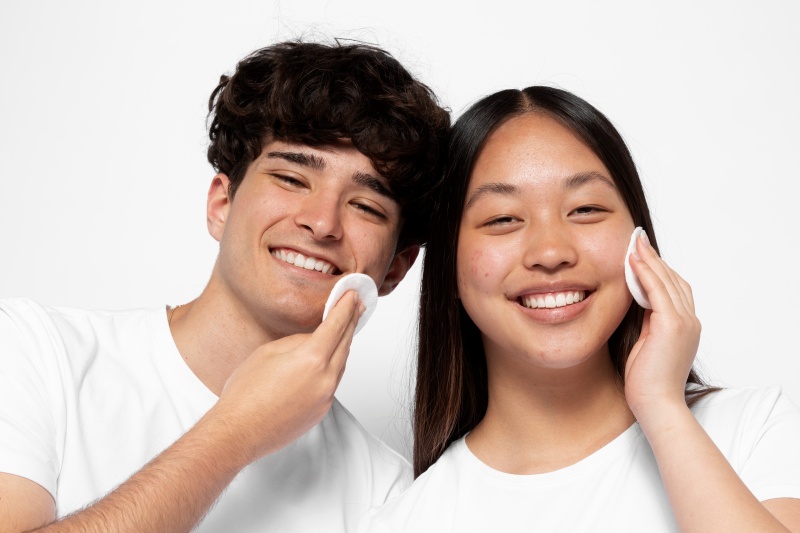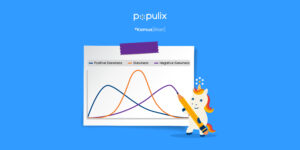This article is grounded in a qualitative research study conducted by Populix, leveraging the firm’s deep expertise in uncovering consumer motivations, behaviors, and cultural nuances through qualitative methodologies. The study aimed to explore Indonesian consumers’ perceptions of skin health and their attitudes toward antiseptic soap usage—an area best understood through in-depth, context-rich inquiry.
To capture these insights, the research employed home-visit in-depth interviews (IDIs) with 12 participants residing in the Greater Jakarta area. The sample included both users and non-users of antiseptic soap products, representing diverse backgrounds in terms of age, gender, and skin health concerns.
Each session lasted approximately two hours and was guided by a semi-structured discussion guide, allowing the moderator to explore key themes while remaining responsive to emergent narratives. Data were analyzed using a thematic analysis approach, supported by MAXQDA 2024, a leading computer-assisted qualitative data analysis software (CAQDAS). An inductive coding strategy was applied to identify recurring themes and deeper consumer meanings, enabling a holistic understanding of how skin health is perceived and managed in everyday life.
Understanding the Indonesian Consumer: Routines, Exposure, and Cultural Values

The skin health journey of Indonesian consumers is closely shaped by their lifestyle and socio-environmental context. Urban dwellers often experience long daily commutes, exposure to air pollution, and sun-related heat stress—all of which affect skin condition and hygiene needs. Meanwhile, weekends are commonly spent engaging in family-oriented or social activities, with online platforms like TikTok, Instagram, and YouTube serving as key sources of information and community validation for skincare choices.
Daily exposure to environmental stressors such as humidity, sweat, dust, and prolonged sun exposure makes preventive skin care not just a cosmetic concern, but a health necessity. Within this cultural context, cleanliness and physical appearance are closely tied to perceptions of self-worth, discipline, and social acceptance.
“Kalau terawat, kan, kitanya juga enak ya, kalau kita bersih, kan, orang liat kita juga, oh ini orangnya resik, nih.”
— Female, 33 y.o, Antiseptic soap user, Depok
What Skin Health Means to Consumers: Defining the Ideal and Managing the Real
Indonesian consumers define ideal skin as smooth, clean, hydrated, and naturally radiant. There is a notable shift away from the outdated ideal of “whitening” toward natural brightness and glow, suggesting an evolution in beauty standards, especially among younger generations.
Gendered expectations around skin also influence consumer behavior. Male respondents tend to value functionality, preferring acne-free, even-textured skin that enables confidence without drawing excessive attention. They are also less likely to engage in multi-step skincare routines, often associating skincare with femininity.
“Kulit cowok, tuh, harusnya sawo mateng, sih, gak yang putih, nanti kaya oppa-oppa Korea.”
— Male, 17 y.o, Antiacne soap user, Jakarta
In contrast, female respondents emphasize glow, softness, and hydration—attributes associated with long-term skin maintenance and beauty. Skincare is embraced as an act of self-care and emotional well-being.
“Pengennya, tuh, halus, lembut, glowing, udah itu, sih.”
— F, 28 y.o, Charcoal soap user, Jakarta
The most frequently cited skin health concerns included:
- Acne and breakouts, particularly among adolescents and young adults
- Dryness and dehydration, linked to air-conditioned environments and over-cleansing
- Sensitive skin and irritation, often exacerbated by environmental pollutants
- Fungal infections (e.g., heat rashes, scabies), common in humid conditions
- Hyperpigmentation and uneven skin tone, frequently resulting from sun exposure or acne scarring
These skin problems are not merely physical—they affect self-confidence, comfort, and social engagement, underscoring the emotional dimension of skin health.
Related article: Understanding Indonesian Consumers’ Health Practices: Between Prevention and Treatment
Preventive vs. Reactive Behavior: Navigating Choices and Habits

Indonesian consumers adopt a mix of preventive and reactive behaviors in maintaining their skin. Preventive routines often involve:
- Careful product selection (e.g., medicated, dermatologist-recommended, or natural-based)
- Hygiene practices (e.g., post-sweat cleansing, limited facial washing to avoid dryness)
- Lifestyle changes (e.g., improved diet, hydration, sleep, and stress management)
However, purchasing and usage behavior often remain reactive, with antiseptic or treatment-oriented soaps used primarily during periods of skin problems such as rashes or acne. In contrast, more popular brands like Dettol or Lifebuoy are part of routine daily hygiene.
“Kalau terlalu sering cuci muka, malah tambah kering, jadi aku atur sehari dua kali aja.”
— F, 23 y.o, Non-user, Bekasi
Trust in product efficacy is heavily influenced by:
- Medical cues (ingredient recognition, like sulfur or charcoal)
- Social proof (peer recommendations, online reviews)
- Credibility of sources (pharmacists, dermatologists, or influencers)
Strategic Implications for Antiseptic Soap Brands: Where Opportunities Lie
As consumer expectations around skin health evolve, brands in the antiseptic soap category must adapt by improving clarity, relevance, and appeal.
1. Clarify Product Function and Usage
Consumer confusion often stems from similar packaging and unclear variant naming. Brands should differentiate products visually, state usage areas clearly (face vs. body), and simplify naming to reflect specific skin concerns.
2. Reinforce Antiseptic and Skin Health Messaging
Antiseptic soaps are not always perceived as skincare products. Stronger emphasis on antibacterial properties, sensitive-skin safety, and credible endorsements (e.g., pharmacists, dermatologists) can build trust and clarify purpose.
3. Embrace Natural and Functional Ingredients
Consumers respond positively to ingredients like charcoal or sulphur when linked to both treatment and wellness. Brands should highlight ingredient benefits and expand narratives beyond treatment to include prevention and daily care.
4. Position for Both Reactive and Daily Use
While often used for specific skin issues, antiseptic soaps can also be positioned as preventive tools. Milder variants with pleasant scents and moisturizing properties can support everyday use, broadening appeal.
By addressing these areas, brands can move beyond reactive solutions and become integral to consumers’ daily skin health routines.
Conclusion: Skin Health as an Emotional, Cultural, and Practical Journey
For Indonesian consumers, skin health is a deeply personal and culturally shaped experience. It reflects daily routines, social norms, environmental exposure, and evolving beauty ideals. Brands that succeed in this space are those that not only solve functional problems but also provide emotional reassurance and confidence.
To remain relevant, antiseptic soap brands must move beyond treating symptoms and begin to communicate in a language that resonates with the consumers’ lived experiences. This includes recognizing their realities, respecting their aspirations, and reflecting their definitions of health and beauty.
***
Writer’s bio
Prabu is an experienced qualitative researcher with over 13 years in the consumer research industry. His expertise lies in healthcare and UX research, driven by a passion for understanding and improving the consumer experience. Prabu holds a master’s degree in social psychology of health and is also a cancer survivor. In his free time, he volunteers as a patient advocate and navigator for cancer patients, bringing his professional expertise and personal experience to support others on their healthcare journey.

Related article: Understanding Health Through the Lens of Indonesian Consumers: A Multidimensional Perspective

 IDN
IDN
 ENG
ENG 


